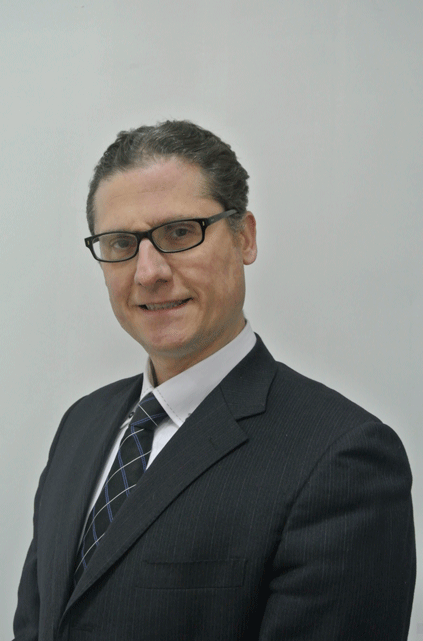Position: Chairman
Company: Globetech
Location: Tianjin
Company size (no. of employees): 35
Sector: Packaging
Core business: Providing packaging and environmentally-friendly solutions for the food, micro-biology and chemical industry.
When did you come to China?
I came to China in 2004.
Why did you come to China?
I came to China as Operations Manager for Goglio Spa, to set up a new greenfield factory in Tianjin to serve as a pillar for the Asian continent. I am Italian and have worked in Europe, Japan and now China. My background is technical and I have spent many years dealing with technology transfer management from European to Asian countries. I have worked with a number of multinational companies including Swiss Sulzer AG, EMS AG, Toyota KK and Goglio Spa.
Globetech at present employs 35 people and has ambitious growth plans, in fact more than one company in China has approached us with a view to close cooperation. Our new product, currently under development, will promote a more efficient operation of the cold supply chain, especially in what we call the last KM deliveries – deliveries in the down-town area.
Why was Tianjin chosen as the location?
When I was working for Goglio Spa the selection of the location was mostly related to logistical convenience. Our Chinese customers and suppliers were mostly located in that area and the presence of a prominent port presented remarkable advantages. Finally, the arrangements made by the local government made the decision more attractive. The company owner was very impressed and was smart enough to immediately recognise the excellent opportunity offered by this location.
What is the biggest challenge for SMEs in China?
As a young, foreign SME operating in China, financing represents a major challenge. As a result a capital injection by a local company may be a suitable solution for us. At present we are assessing the offers we have received and the management team will make a decision based mostly on the new investor role in supporting the core business and creating useful synergies. In fact we need to increase the working capital, which allowed us the go through a smooth start-up, in order to leverage our growth and to provide added-value to the Chinese stakeholders. In international markets we will explore partnerships in a similar way, but will try to adapt the business model to the continent in which we are going to operate. For example, in Europe we shall have the United Kingdom and Italy has key pillars where our partners act as distributors.
Marketing in China is also a challenge, because the various configurations and approaches we select depend on the different regions we operate in. We have agents and distributors and, depending on their background, and also due to our internal resources constraints, we have to establish different cooperation conditions, which is not necessarily ideal for us.
Human resources management represents a significant challenge as well. We were lucky enough to have created a core team of people who share the vision I had when setting up this company and they are strongly motivated to achieve the targets we set out.
What is the biggest challenge for SMEs in your particular sector?
China’s plastics production capacity is impressive and most grades are available. However a few of the most sophisticated and functional thermo-plastics are not made in China; yet they are in the market, so it takes considerable efforts to ensure that the available grades are genuine.
Are you aware of EU-funded support projects for SMEs and have you ever used any?
We took advantage of the EU-funded project, the China IPR SME Helpdesk, and the support we received was extremely relevant to ensuring that our business can sustainably develop.
Globetech’s patented product enables us to package any kind of product, liquid or solid, in a way that protects it from any contamination, while adding barriers from atmospheric agents such as humidity and oxygen and providing temperature control in a wide range from -25C to 100C. The solutions we provide enable a significant reduction of carbon foot-print, while reducing energy and labour costs.



Recent Comments